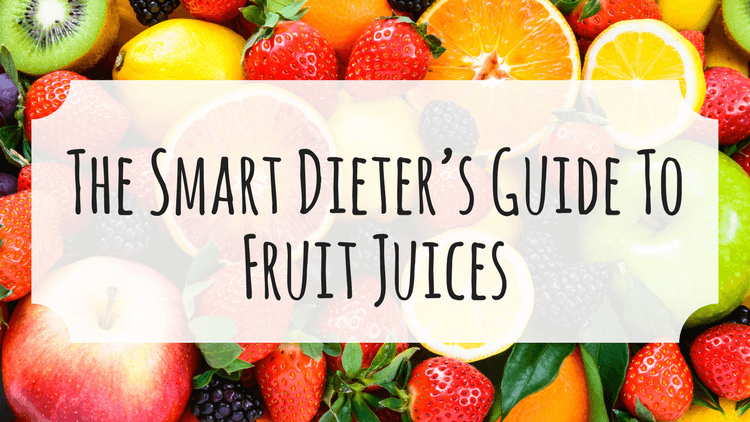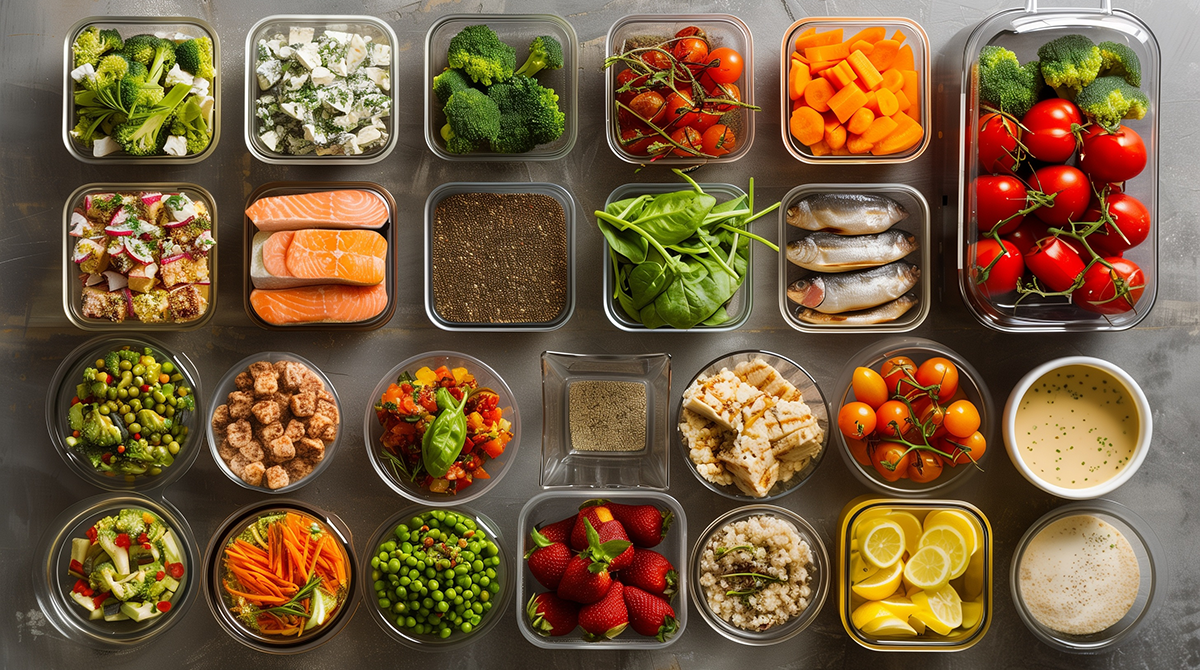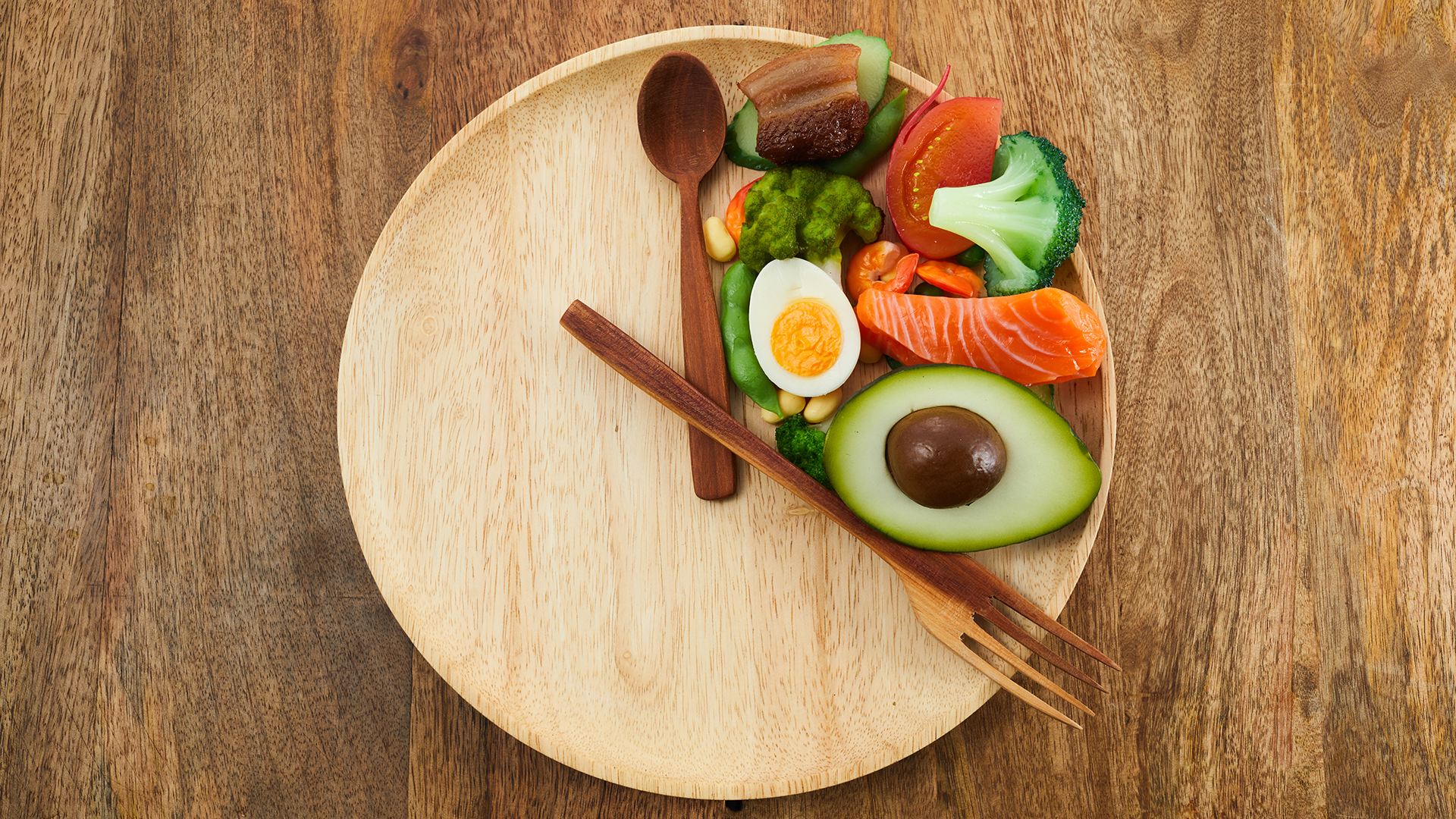Fruit juices are often condemned, even for the smartest of dieters. The reason for this is simple: Fruit juices are a sneaky source of added sugar, especially if you’re buying processed juice.
The problem with this mentality is that there are actually ways to include juice in a healthy diet. In this article, we’ll discuss:
- Common problems with processed fruit juices,
- Expert opinions on juice consumption,
- The benefits of juicing, and
- How to make your own healthy juices.
Common problems with processed fruit juices
The most significant problem with processed fruit juices is that even though juice contains fruit, which already has sugar in it, manufacturers add even more sugar to their products. In fact, many fruit juices have as much sugar and as many calories as other soft drinks, if not more. Though some people believe that the vitamins and other nutrients in fruit make up for the sugar, they don’t.
The problem is in the manufacturing process itself. Once the juice is squeezed from the fruit, many companies store it in oxygen-depleted tanks for up to a year. They add extra ingredients, like sugar and artificial flavoring, to make up for what gets lost during this process.
This means that many juices aren’t made from much juice at all. In fact, the juice is watered down with lots of additives, removing the few nutrients that may have been left. Fruit juice also doesn’t contain any fiber, which helps to negate the blood sugar high that follows regular fruit consumption.
This can be more problematic for those who already have a condition like diabetes, or those who are overweight, because their livers may be less effective at processing massive amounts of sugar at once.
Expert opinions on juice consumption
As with most topics diet- and health-related, there’s a lot of noise to sift through to get to the truth behind the myths. And as you know, only the expert opinions matter. So, what are these experts saying?
Almost all experts agree that drinking juice is worse than eating the fruit it came from because you lose the fiber. In fact, experts such as Dr Robert Lustig, a United States obesity expert, advise people who drink fruit juice for nutrients like vitamin C to take a supplement instead.
In Europe, experts like Dr Susan Jebb, a leading advisor on diet and population health at Oxford University, follow similar lines, claiming that because juice contains as much sugar as fizzy drinks, it shouldn’t be included as one of your fruit servings for the day. In fact, as the guidelines currently stand, juice, no matter how much you drink, can never count as more than one serving of fruit.
All this considered, it’s safe to say that processed juices aren’t the best for you. However, this doesn’t mean that you can’t drink juice at all. Instead, it means that you must make the juice yourself if you want to enjoy the flavors you love without all the additives. So what are low sugar juice options?
Read: The Smart Dieter’s Guide To Sugar-Free Drinks
The benefits of juicing
While manufactured juices aren’t good for you, this isn’t to say that all juices are bad for your health. So what are the healthiest fruit juices? Fresh pressed juice you create yourself at home or buy from somewhere that presses it freshly each day is a great way to enjoy juice and lose weight.
The difference between the two is clear: Manufactured juices are pasteurized. Pasteurization involves heating and further processes which destroy the vitamins and minerals. With fresh-pressed juice, there is no pasteurization. This means that the juice still contains the enzymes, vitamins, minerals, and other nutrients that you’d get from eating the whole fruit.
You can press your own juice at home rather than buying bottles from your local health food store. Some of the benefits of fresh-pressed juice include:
-
Nutrient availability – juicing can be better than eating whole fruits because the body can better absorb the nutrients, whereas when you eat fruits, fiber slows the process down.
-
Immune system boost – the body can readily absorb all the vitamins, minerals, and nutrients from fresh-pressed juice, offering the same immune system boost you’d get from eating the whole fruit.
- Aid to digestion – depending on which fruits you include, the high fiber content can aid your digestion. This is especially true if you’re suffering from digestive problems.

How to make your own healthy juices
Now that you know how to enjoy fresh fruit juice as a smart dieter, it’s time to learn how you can get started with juicing! The most important thing to remember when you juice is that the fruits and vegetables you combine will determine how healthy it is and which nutrients you’re getting.
Here are some of our favorite and healthiest fruit juices combinations:
-
Strawberry and cucumber – strawberries are rich in polyphenols, an antioxidant with many health benefits. Cucumbers are an excellent source of vitamin K, molybdenum, and pantothenic acid. Combined, both are great for your health.
-
Blueberry and cabbage – these are both packed with anthocyanins, which are known to boost memory.
- Apple and spinach – you can add spinach to virtually any juice. It’s almost tasteless and adds a huge boost of vitamin K to your diet. The apples add both fiber and sweetness to this juice, too!
Don’t give up juice, change the way you drink it!
Too many dieters, even smart dieters, believe they must eliminate fruit juice from their diet if they’re going to succeed and lose weight. However, the only juices you should eliminate are the manufactured, processed juices that are packed with sugar and devoid of the vital nutrients which whole fruit provides.
So, which juice recipe are you going to try first? Share your favorite juice combinations and which you want to try in the comments below!




